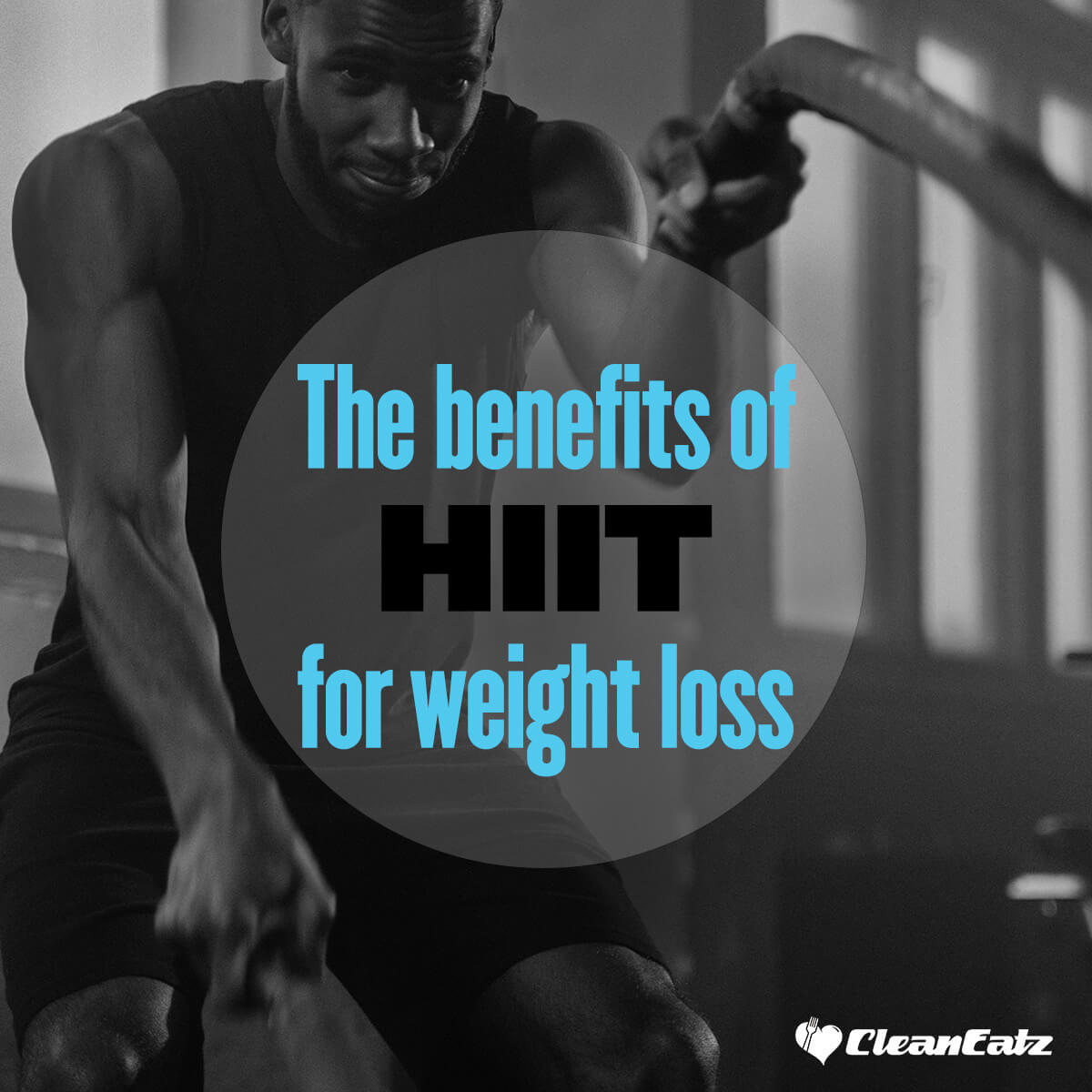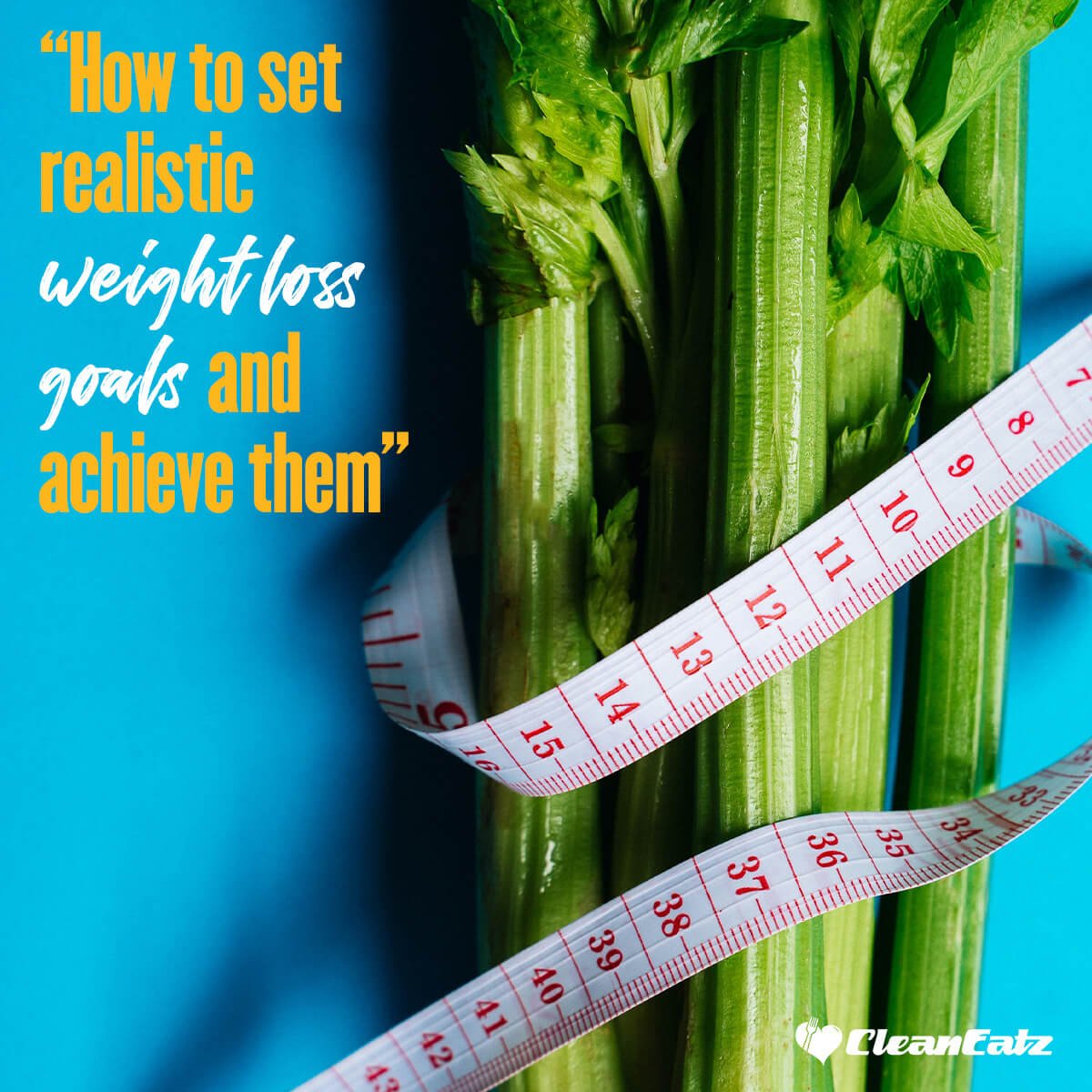
Understanding the Role of Creatine in Weight Loss
Jason Nista
Nutrition
|
Weight Loss
7 minute read
Today, our focus is on creatine for weight loss, one of the most used, tested, and safest supplements available. Extensive research has been conducted on creatine to determine safe dosages and specific uses for strength training, athleticism, muscle building, and even medical purposes. However, we now aim to shed light on its potential to assist you in achieving your weight loss goals and attaining the best shape of your life.
Continue reading to discover what research says about the benefits of creatine supplementation for body recomposition, losing weight, and, more importantly, reducing body fat. Does creatine help you lose weight? Let's delve into the findings.
What is creatine?
Creatine is an amino acid produced naturally by the body in the kidneys, liver, and pancreas at a rate of about 1-2 grams/day and can also be obtained from food, particularly red meat, and from supplements. It is primarily stored in the muscles, accounting for 90-95% of all the creatine in the body, where it can serve as one of the main pathways of energy production.
Although there are various types available, the most extensively researched form of creatine supplement is creatine monohydrate, which is both cost-effective and safe to consume in the recommended dosage.
So, you might be curious about why this amino acid is highly significant and well-known. Can creatine for weight loss be effective? Does creatine help you lose weight?
What can creatine do for your body?
Creatine is one of the most popular supplements and ergogenic aids for athletes, including both professional and recreational individuals, particularly bodybuilders, due to its proven benefits in enhancing muscle mass and strength. However, besides its well-documented advantages in gaining muscle, there are several other scientifically supported benefits associated with creatine supplementation, such as its potential role in weight loss. Many people wonder, "Does creatine help you lose weight?"
-
enhancing muscle strength adaptations during training. Additionally, creatine aids athletes in enduring more demanding and intense training loads, while also promoting enhanced exercise recovery. Specifically addressing the secondary keyword, does creatine help you lose weight, it's important to note that the primary purpose of creatine is not directly related to weight loss.
-
May prevent and/or reduce the severity of injuries as well as enhance and shorten the rehabilitation process from injuries.
And on clinical uses creatine has proven effective for:
-
Improving neurodegenerative diseases (Parkinson’s, Huntington’s, ALS, etc),
-
for patients at risk for myocardial ischemia and/or stroke,
-
as a tool for preventing sarcopenia and bone loss in older populations,
-
lowering cholesterol and triglyceride levels, reducing fat accumulation in the liver, and enhancing glycemic control
Does creatine work for weight loss?
As you can observe, there are several body processes in which creatine for weight loss can play a significant and advantageous role. However, let's refocus on our main topic for today: Does creatine help you lose weight? How can creatine aid in achieving your weight loss goals?
There are several ways in which creatine can support you in reaching those goals, whether directly or indirectly. Specifically, when it comes to creatine for weight loss and the question of whether creatine helps you lose weight, there are a number of factors to consider.
-
Some research has shown that creatine supplementation can help decrease fat mass by influencing adipocytes, fat cells, and their metabolism, as well as triglyceride synthesis. All this means it can aid in reducing the accumulation of fatty tissue in the body. The effectiveness of creatine for weight loss and its ability to help you lose weight have been subjects of interest.
-
As mentioned above, creatine for weight loss supplementation can help you train harder for longer, recover faster, and build or maintain more muscle mass. All of these factors play an important role in exercise adherence as you will feel more willing to maintain a consistent training habit and see better results from your efforts.
-
Research also shows that the combination of creatine supplementation and regular training can help you burn fat faster than just training alone.
-
Creatine can help you maintain or even build more muscle mass during a caloric deficit, which as we know is the way to go to make sure you’re continuously losing weight. This is extremely important when you are reducing the calories you consume daily to make sure you’re losing fat and not muscle as well.
-
Maintaining or building more muscle mass, boosted by your creatine supplementation, helps you increase your basal metabolic rate, with your body burning more calories at rest, and while exercising, you lose more fat.
How To Make Creatine Work For You
"If you want to maximize the advantages of creatine for weight loss, particularly regarding your weight loss objectives, there are several approaches to enhance your intake of this amino acid through your diet or supplementation. Keep these tips in mind to truly harness the benefits of creatine for weight loss in a safe manner. Additionally, you may be wondering: Does creatine help you lose weight?
-
About half of your daily need for creatine can be obtained from the diet. Foods like Beef, pork, salmon, and herring are some of the best sources to include in your diet regularly.
-
If you decide to use a creatine supplement go for creatine monohydrate, it is the most tested, cheapest, and safest form out there. Consume 3-5 grams of creatine per day dissolved in water or a warm beverage like tea, but avoid taking it with coffee as that affects its absorption negatively.
-
Some studies show that getting your creatine supplement after your training has a better effect on maintaining and building lean mass than before your training session.
-
Some people and experts suggest a loading period at first with higher doses of creatine. This however is not necessary and you can get optimal blood levels of creatine from the suggested 3-5 grams per day. You do, however, need to take it daily to ensure you get the benefits, even on days that you don’t exercise.
-
Although creatine is a safe supplement for most people there are some with specific medical conditions, like kidney disease, who should avoid high doses or supplementation. So always play it safe and consult with a medical professional before making a change to your diet or taking a new supplement so they can help you monitor your health and the effect it has on your body.
-
No amount of supplementation can outmatch a bad diet or a lack of physical activity. So to achieve the best results make sure to eat a lot of nutritious whole foods, protein and maintain a caloric deficit in order to lose weight and engage in regular physical activity. If you need help with your nutrition, check out our amazing meal plans that will help you reach your goals in an easy enjoyable manner.
FAQ
Does creatine help you lose fat and weight?
According to research findings, the utilization of creatine during a four-week period of rigorous training and weightlifting while on a cutting phase has been demonstrated to facilitate fat loss, enhance muscle size and strength, and improve power performance.
Should I take creatine while trying to lose belly fat?
By aiding in muscle building, creatine can contribute to an elevated metabolism and the utilization of fat as an energy source. This implies that over time if you maintain a regular exercise regimen even after discontinuing creatine supplementation, it can assist in burning abdominal fat.
How much creatine per day?
Research indicates that a daily consumption of approximately three to five grams of creatine (equivalent to 14 mg per pound of body weight or 30 mg per kg of body weight) is sufficient to preserve your muscle reserves. This recommended dosage remains consistent for both men and women, irrespective of their athletic capabilities.
Related Articles
Is HIIT Good for Weight Loss And How to Get Started?
9 minute read
A Guide to Realistic Weight Loss Goals
11 minute read



